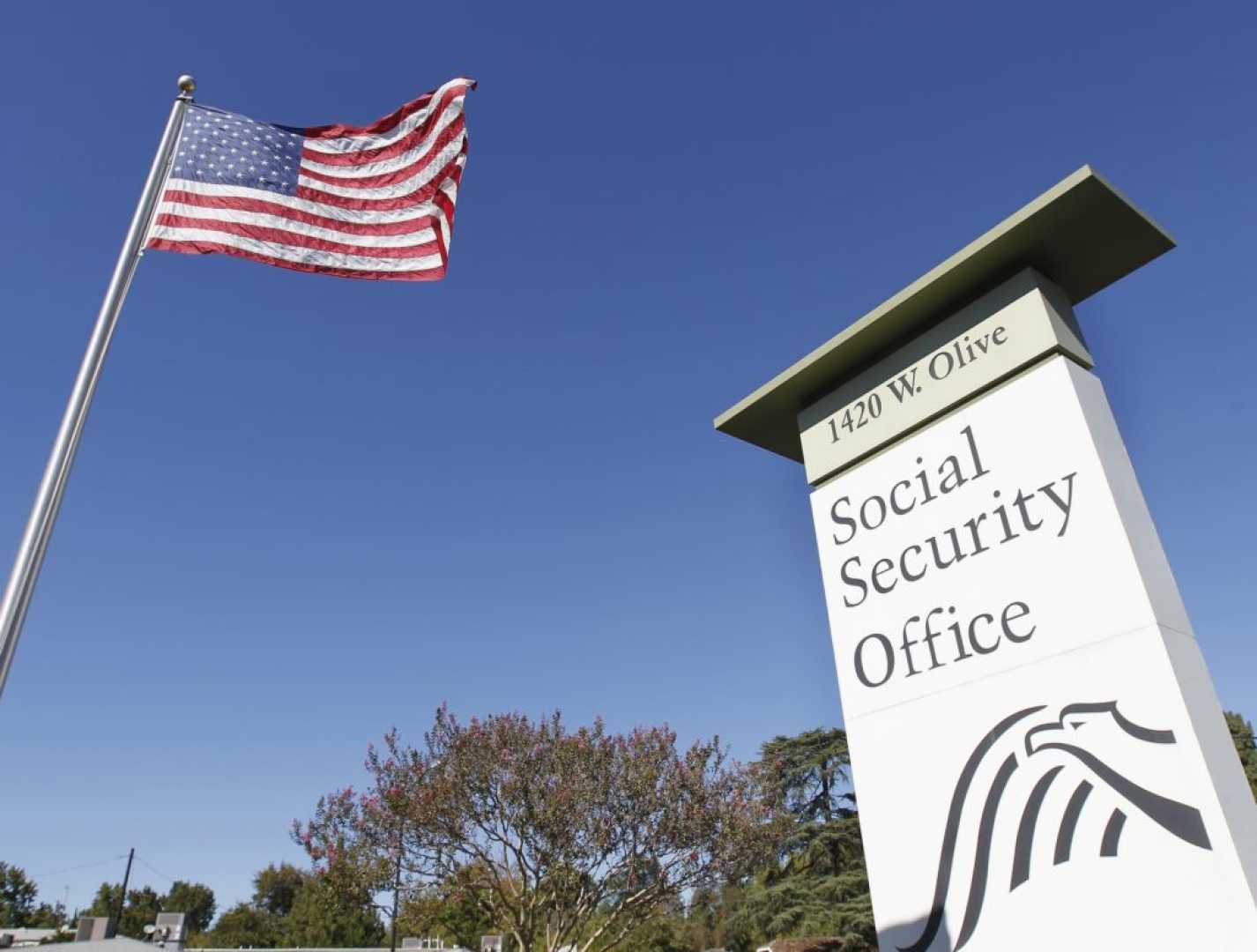Business
Older Americans Face Social Security Garnishments as Student Loan Collections Resume

NEW YORK — The resumption of collections on defaulted student loans by the Trump administration poses a significant threat to hundreds of thousands of older Americans. Many of them now risk having their Social Security checks garnished, as they struggle with decades-old debts.
Christine Farro, a 73-year-old retired child welfare worker from Santa Ynez, California, has limited her expenses drastically. She has cut back on gifts for her grandchildren and delayed necessary medical appointments for her pets. After years of juggling bills, she knows her financial situation is about to worsen. “I worked ridiculous hours. I worked weekends and nights. But I could never pay it off,” she said.
The Department of Education announced earlier this month that involuntary collections would restart after a pandemic-related grace period ended in 2023. This means Social Security retirement and disability benefits, along with tax refunds and paychecks, could be garnished to pay back federal student loans.
Farro has dealt with this situation before, having her Social Security garnished previously. Despite securing a master’s degree to increase her earnings, the burden of her loans, which date back 40 years and ballooned to $250,000, has made it impossible to fully pay off her debt. “They said, ‘Move to a cheaper state,’” she recalls about the advice she received from her loan provider.
The phenomenon of student loan debt among older Americans has surged significantly. The National Consumer Law Center reports that the number of borrowers aged 60 and older has increased six times in the last two decades. With approximately 452,000 people aged 62 and older holding defaulted student loans, many are now facing the risk of garnishment.
Debbie McIntyre, 62, from Georgetown, Kentucky, is also among those bracing for the financial impact. Working as an adult education teacher, she hopes to retire soon but fears that student loan collections could cripple her already tight finances. “I don’t know what more I can do,” she admitted, as she struggles to manage her debt.
Advocacy groups are voicing concerns about the impact of these actions on older Americans. Braxton Brewington, from the Debt Collective, mentioned that many individuals face dire consequences, including food scarcity and financial instability. “We hear from people who skip meals. We know folks that have been driven into homelessness,” he said.
Under current federal protections, just $750 of Social Security benefits is exempt from garnishment. This situation raises troubling questions about the balance between enforcing student loan payments and supporting vulnerable populations reliant on Social Security.
Linda Hilton, 76, from Apache Junction, Arizona, has experienced financial restrictions due to garnishment before and anticipates facing them again. “There won’t be any travel. There won’t be any frills,” she stated, highlighting the limitations garnishment imposes on retirees.
Some older debtors have already received notifications regarding ongoing collections, causing widespread anxiety among them. Even supporters of the Trump administration express concern that the policies may exacerbate the struggles of older borrowers, who often face unique challenges in repaying their debts.
Randall Countryman, 55, of Bonita, California, indicated that he feels stuck between competing policies. “What’s a young person’s problem today is an old person’s problem tomorrow,” he said, echoing the feelings of many affected by these financial burdens.












